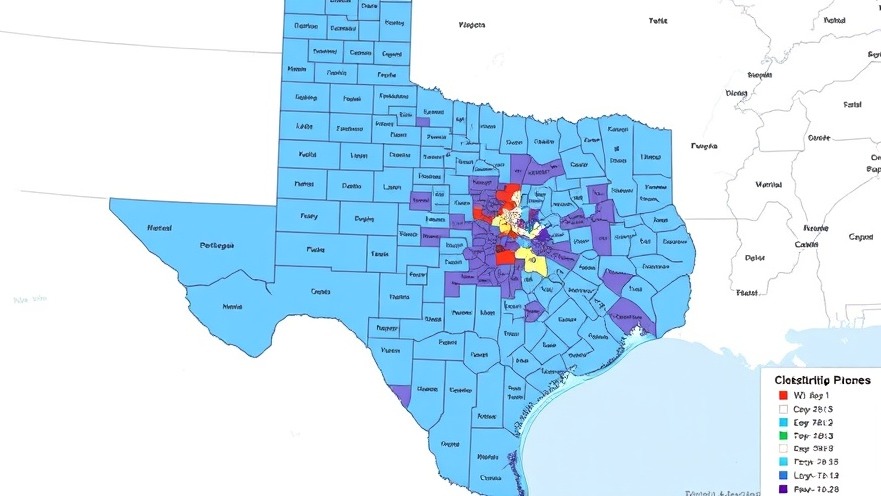
Austin Joins the Pioneering Bloomberg Philanthropies City Data Alliance
The City of Austin has recently been chosen to join the Bloomberg Philanthropies City Data Alliance, an innovative group of local governments aimed at harnessing data to enhance community services. This strategic partnership positions Austin among cities committed to leveraging emerging technologies for greater efficiency in governance.
Embracing Technology for Community Improvement
As cities worldwide seek solutions to urban challenges, Austin's entry into the Alliance allows it to augment its robust data practices using cutting-edge digital and artificial intelligence (AI) tools. The aim is clear: to create affordable housing, reduce homelessness, design kid-friendly environments, and improve green spaces accessible to the community.
Expert Acknowledgment and Support
Mayor Kirk Watson expressed enthusiasm regarding this partnership, stating, “Austin has an ambitious aim: to make our city the best place in America to call home.” By collaborating with experts from the Alliance, Austin expects to maximize its use of digital analytics and AI, ensuring the community not only keeps pace with technological advancements but also leads in their application for public good.
Generative AI: A Game Changer for City Planning
Generative AI presents a once-in-a-lifetime opportunity to transform civic management methods. As cities utilize AI to anticipate needs and allocate resources effectively, Austin aims to implement solutions that provide immediate benefits to residents, thus fostering a culture of trust between the governance framework and its citizens.
Building a Strong Network with Peer Cities
The Alliance forms a network that connects Austin with other forward-thinking cities, such as Boston, Denver, and Toronto. This exposure enables Austin's officials and urban planners to exchange strategies and operational protocols. By learning from one another’s successes and challenges, municipalities can improve service delivery across various sectors, including public health, education, and housing.
Top Strategies for Utilizing Data Effectively
Bloomberg Philanthropies advocates for practical applications of data technology, which may include:
- Training city staff: Providing necessary upskilling to ensure all personnel can access and utilize new data platforms effectively.
- Innovation-focused policies: Reforming policies to encourage integration of data and technology in daily city operations.
- Public engagement: Implementing measures that place community feedback at the heart of planning and decision-making processes.
By committing to these strategies, Austin seeks to build a city that not only meets the needs of its current residents but also adapts to the continuous evolution of urban life.
The Future of Data-Driven Governance
As local governments become increasingly adept at leveraging technology, the landscape for civic engagement and governance is set to shift dramatically. Organizations like Bloomberg Philanthropies are at the forefront of this movement, actively supporting municipalities to embrace technology for enhanced public service.
This proactive approach indicates that cities aren't simply waiting for change; they’re becoming architects of their future. Through collaborative efforts, cities like Austin will showcase how data-driven policy can create faster, smarter, and fairer governance.
Austin's participation in the Bloomberg Philanthropies City Data Alliance marks a significant leap towards modernizing its urban strategies. As community members become more engaged through initiatives facilitated by technology, the potential for creating equitable solutions expands. Embracing this paradigm shift ultimately places Austin on the map as a frontrunner in the application of AI for civic betterment.
 Add Element
Add Element  Add Row
Add Row 



Write A Comment